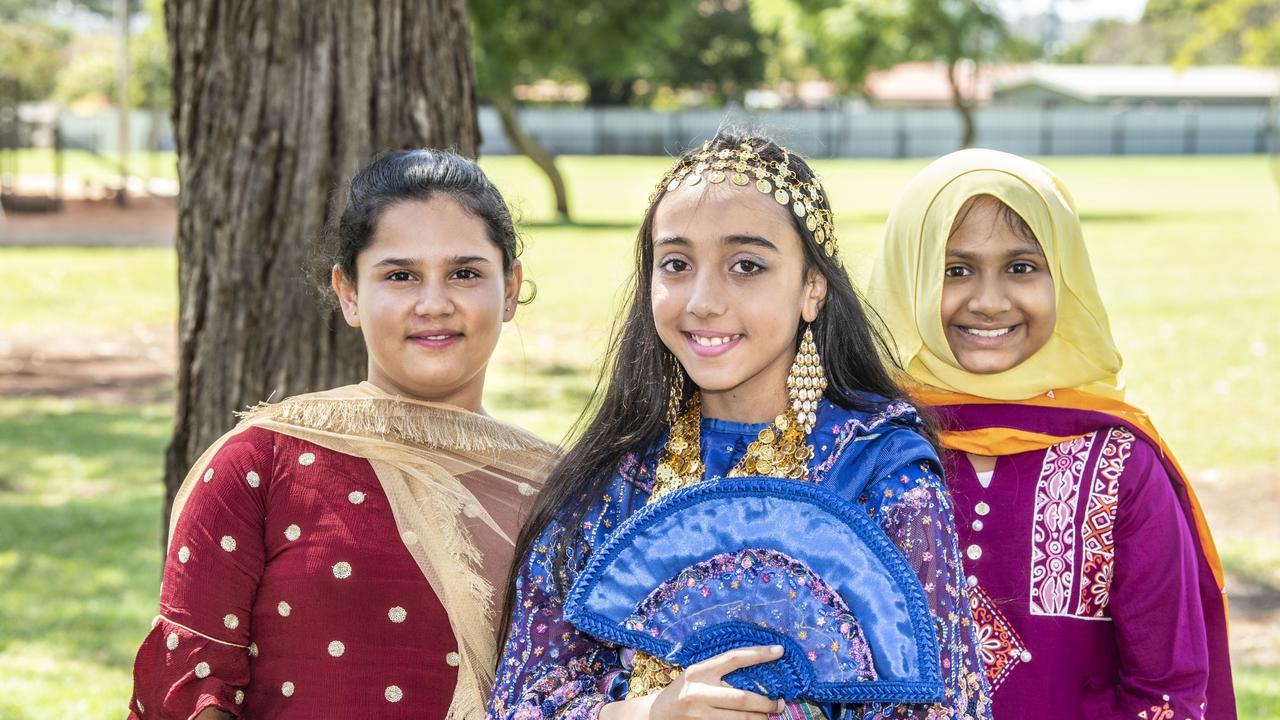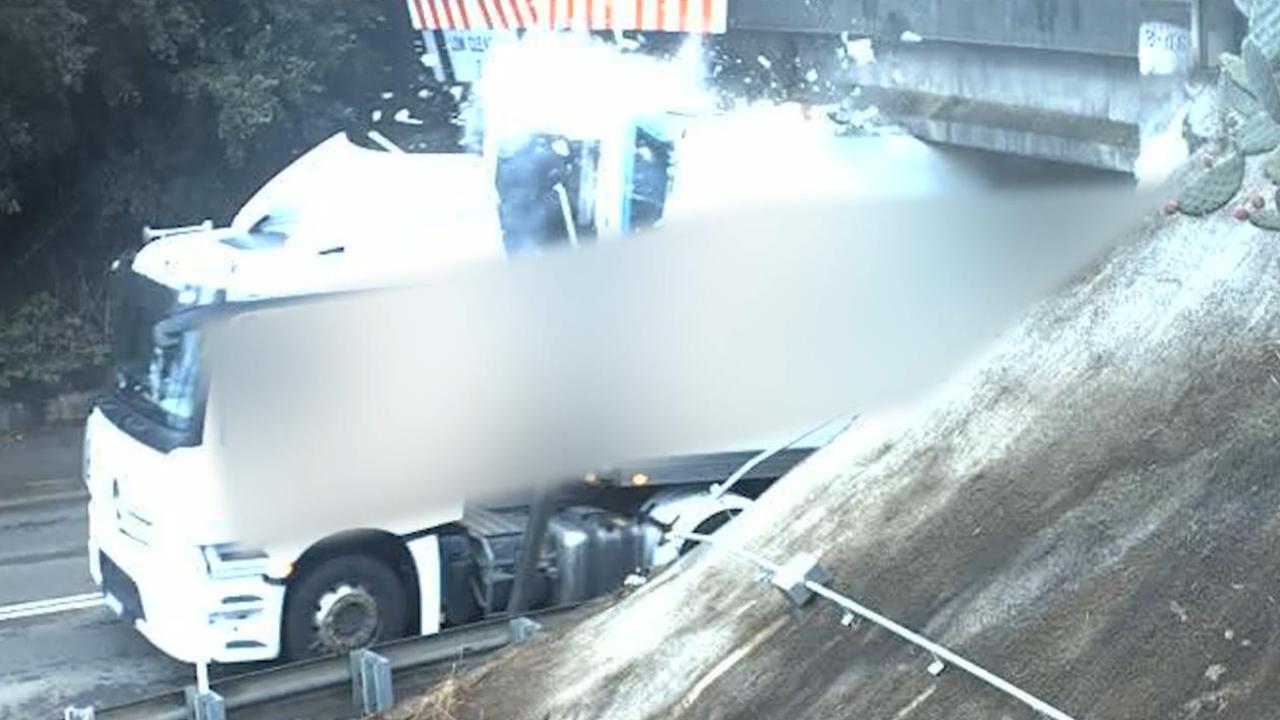‘Postcode lottery’: The reproductive health struggle for regional Qld
Regional and rural Queenslanders are still playing the “postcode lottery” for access to early termination of pregnancy, with new figures showing as few as 10 per cent of GPs are confident in prescribing the abortion pill.
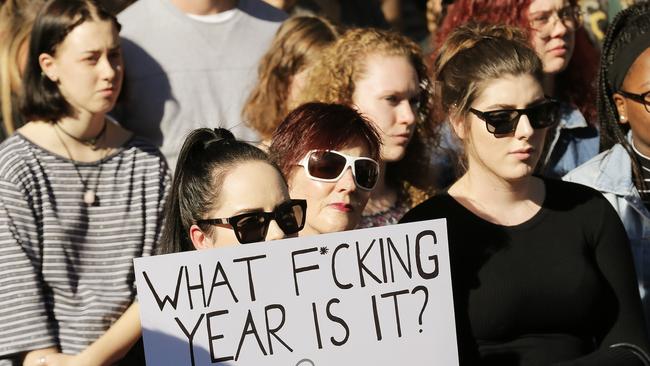
Toowoomba
Don't miss out on the headlines from Toowoomba. Followed categories will be added to My News.
Regional and rural Queenslanders are still playing the “postcode lottery” for access to early termination of pregnancy, with statistics showing as few as 10 per cent of GPs are confident in prescribing the abortion pill.
Abortion became a one of the main political issues in the lead up to last week’s Queensland Election when the Katter Australian Party called to repeal or amend laws around abortion should LNP form a minority government.
Although LNP leader and new Premier David Crisafulli dodged questions for weeks, he eventually revealed his personal views that abortion was a woman’s right to choose, stating there would be no plans to change the laws.
“Reproductive decisions need to be held with the healthcare professionals and patients themselves, that’s who should be invested in this,” Children By Choice CEO Jill McKay said.
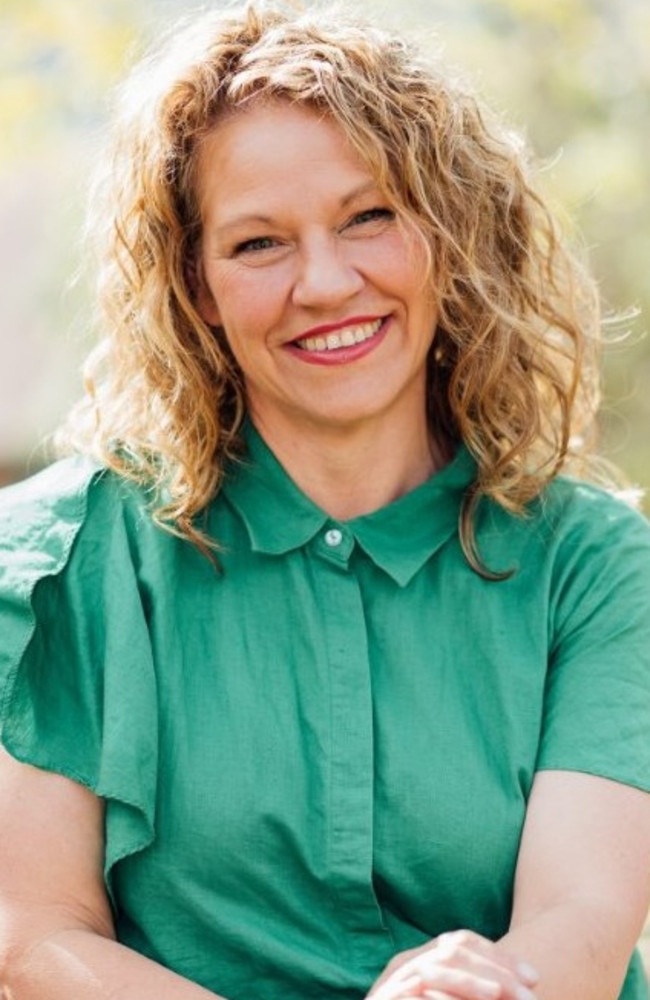
Abortion is legal in Queensland up to 22 weeks and late-term abortions must come with the approval of two doctors.
It comes only a month after nurse practitioners and midwives in Queensland were given the all-clear to prescribe the medical abortion pill, MS2-step, given within the first 9 weeks of gestation.
The “tyranny of distance” remains the biggest barrier to Queensland’s regional and remote women with access to the MS2-step meaning two GP appointments, with an ultrasound, and then finding a pharmacist that stocks it, said Ms McKay.
Accessing a surgical abortion, between 9 – 22 weeks becomes even more difficult with few regional hospitals providing the service.
“Women should have equitable access to healthcare irrespective of their postcode,” RACGP president Dr Nicole Higgins said.
Working as a GP in Mackay, Dr Higgins said even though there is a local hospital, patients requiring a surgical abortion are having to travel 1000km to receive care.
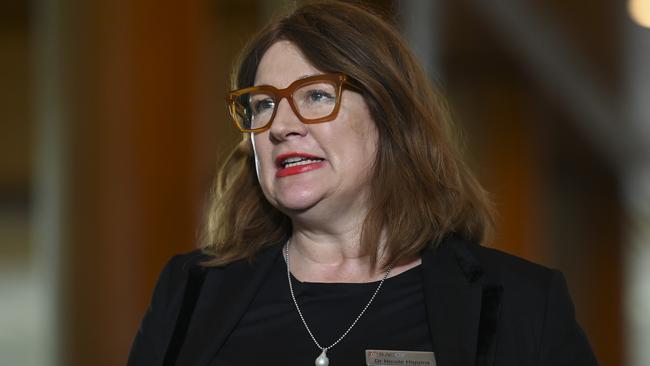
In 2023, there were 900 active prescribers and 1338 dispensers in Queensland, according to MS Health, the company manufacturing MS2-Step.
That number is less than 10 per cent of primary care GPs working in Queensland in the same financial year (9289).
In May 2023, a senate inquiry into universal access to reproductive healthcare described Australia’s situation as a “postcode lottery” with access to termination “limited and inequitable” with significant “health provider hurdles to access information, support and medical care”.
In response to the inquiry the Therapeutic Goods Association (TGA) improved access to MS2-Step by medical practitioners, allowing nurse practitioners, midwives and GPs to prescribe it, as well as removing registration restrictions for pharmacists to stock it.
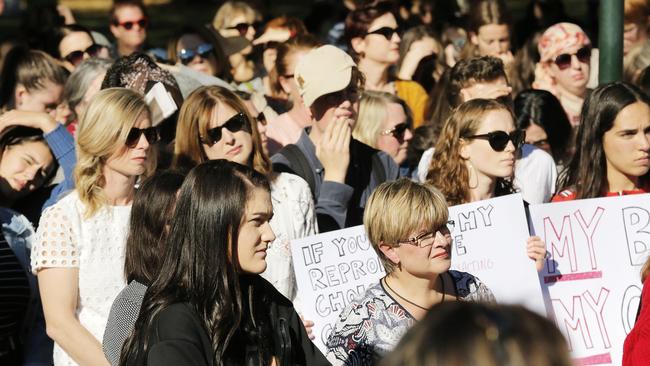
Previous to the decriminalised of abortion in 2018, abortions were accessible only through certain providers who held specialised registrations and could argue the “lawfulness” of it as a way to protect the physical and mental health of individuals seeking one.
The majority of people who seek terminations in Queensland cite the reason as cost-of-living, many who already have children, Ms McKay said.
“People often get sick when they are on the (contraceptive) pill, especially if you have kids, or if they are breastfeeding,” she said.
“Apart from this, there are so many other reasons – which is why you just can’t judge,” she said.
“As we move further towards understanding how safe MS2-Step is, it will allow pregnant people to go to their GP and be able to manage that themselves.”
“One in four women have had an abortion, this is ordinary reproductive healthcare.
“In terms of bringing it back into some moral space this was resolved in Queensland in 2018 and it’s unreasonable and unfathomable that we would be rehashing this debate in 2024.”
More Coverage
Originally published as ‘Postcode lottery’: The reproductive health struggle for regional Qld



